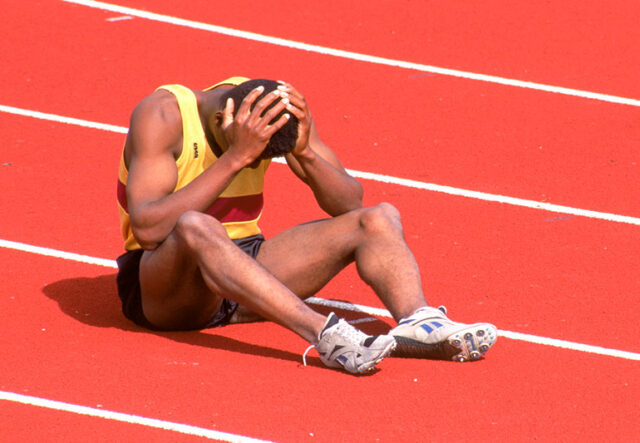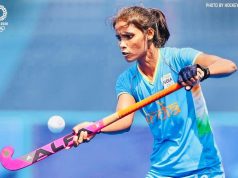It is generally observed that only the physical aspect of injuries is taken into consideration while the psychological and emotional responses are less frequently discussed.
Injury is physical as well as psychological
Injury is mostly referred to the physical trauma to the body that may cause temporary or permanent damage to the affected region. They mostly trigger a negative array of responses in people but in the case of athletes specifically, the response might get even worse as they have structured their life around sports and their physical abilities. They affect a sportsman’s psychological aspect a lot which is often overlooked and neglected.
Emotional responses to an injury cannot be predicted in a sequential and generalized manner. Hence each individual athlete requires personalized treatment and counselling. A combination of emotions like anger, disappointment, frustration, isolation, fear, anxiety, depression and post-traumatic stress disorder (PTSD) may be felt by the athlete apart from the physical pain and discomfort. They may experience loss of determination to return to playing the sport, may undergo a changing sense of identity and may disengage from rehabilitation, all of which will have a negative impact on recovery.
Research has shown that depression is correlated with more pain and complications. Thus, the mental health of athletes has profound impact on their level of sports performance.
Special and informed care is absolutely essential when the following signs are exhibited by the injured athlete:
- Long term denial of the injury and its severity
- Mood disturbances and irritability
- Extreme fear of re-injury
- Withdrawal from close ones
So, we can see that injuries are not only influenced by physical phenomena like high-speed collisions, muscle imbalances and overtraining but also by psychological, emotional, personality and social factors. The probability of injury has shown to increase depending on how stressful the situation is and how well is the athlete able to cope with it.
Threatening situations are associated with a greater risk of injury because the rise in anxiety levels can create attentional changes. Stress can cause adverse effects on motor coordination and muscle tension making them more susceptible to injury induced by mechanical strain. Psychological stress alone may not reliably predict the likeliness of an injury or directly injure an athlete but it can make the athlete more prone to injuries as it can act as an antecedent to injuries. Personality factors like self-esteem, introversion and extroversion have also been related to injury risk. Slogans like “No pain, no gain” persuade athletes to carry on playing through the pain to put up with societal standard of power and commitment. Continuing to play despite injuries is looked upon by the society but it often causes more harm and aggravates the injury. Thus, it is imperative for athletes to be able to distinguish between pain as a consequence of injury and regular discomfort that is accompanied with training. Also, incorporation of stress management techniques is instrumental to lower the risk of injury.
Rehabilitation Process
The course and quality of rehabilitation can be improved by imparting realistic information regarding the nature of injury and healing process, understanding their perspective, making them familiar with psychological coping mechanisms to deal with potential complications and difficulties, and providing emotional and social support along with encouragement. Building trust and establishing a rapport is crucial not only to assess their emotional condition but also to help in medical diagnosis. Explaining the injury to the athlete in a manner which is clearly understood by them is critical as they undergo an emotional upheaval during this time.
It is desirable to educate the coaches and the social network around them as they have a significant effect on the athlete’s mental state. Certain psychological strategies such as visualization, reaffirmation and goal setting can positively influence the recovery duration. The return to training and playing in full force should be with the help of a very gradual approach to ensure psychological readiness. Presence of mental health professionals in team staff would aid in better identification and treatment of the mental health challenges faced by the athlete. The rehabilitation program should be designed in such a way that both the physiological as well as psychological issues are addressed.




